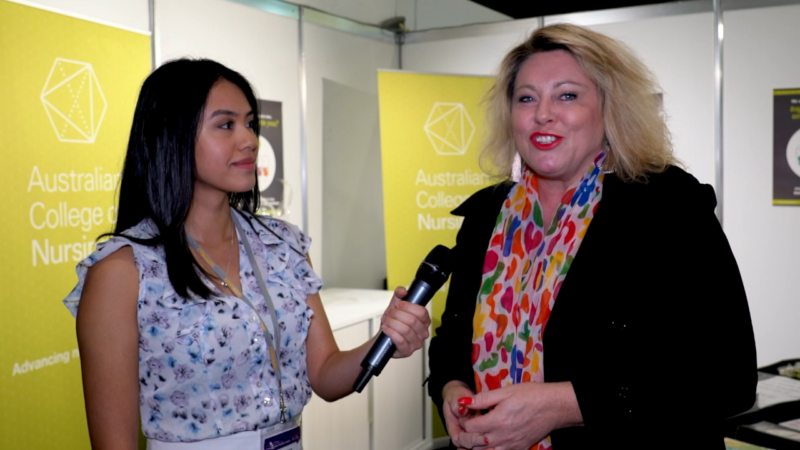A global clinical trial successfully reduced toxicity and side effects in advanced stage Hodgkin lymphoma patients by using a modified treatment regimen.
Mark Herzberg is a Professor of Clinical Haematology involved in clinical trials for patients with blood cancers, particularly lymphoma, leukaemia, and myeloma, in Australia and New Zealand.
Hodgkin lymphoma is a common cancer with varied symptoms, and treatment typically involves chemotherapy and sometimes radiation therapy.
Approximately 800 Australian patients are diagnosed with advanced stage Hodgkin lymphoma each year, with staging determined through imaging and blood tests.
Advanced stage Hodgkin lymphoma is treated with outpatient combination chemotherapy using two major regimens (ABVD and escalated BEACOPP) worldwide, with a global clinical trial involving nine cooperative groups in nine countries and 1500 patients.
The ALLG contributed 115 patients across 16 sites in Australia and New Zealand to a groundbreaking clinical trial.
A global clinical trial successfully reduced toxicity and side effects in advanced stage Hodgkin lymphoma patients by using a modified treatment regimen incorporating a new drug, Brentuximab Vedotin.
Patients experienced fewer side effects, such as anaemia, low platelet counts, peripheral neuropathy, and gonadal toxicity, while preserving fertility, with the modified BrECADD regimen in the treatment of advanced stage Hodgkin lymphoma.
Most patients with advanced stage Hodgkin lymphoma remained disease-free after three years of treatment, with a significant reduction in toxicity and shorter duration of treatment, allowing them to resume normal life and work sooner.
Australian Health Journal spoke with Professor Mark Hertzberg in his role in the ALLG HD10 Clinical Trial and as a former Chair of the Scientific Advisory Committee of the Australasian Leukaemia & Lymphoma Group (ALLG), an organisation involved in improving the treatments and lives of blood cancer patients.
You Might also like
-
Child Dental Benefits Schedule needing greater awareness
Since its launch in 2014, the Child Dental Benefits Schedule has seen a gradual increase in participation year on year. The impact of COVID-19 and related shutdowns saw participation fall sharply in 2020. Though it increased 2021, the national target of 41% participation was not reached in 2021-2022, with the total (35.4%) more than three percent below 2018 participation rates.
In an opinion segment, Australian Health Journal spoke with Abano Healthcare Group Clinical Director, Dr Fred Calavassy, with over 30 years of clinical experience, about his observations of the Child Dental Benefits Scheme ways to increasing participation rates.
-
New bar for cosmetic plastic surgeon accreditation
The newly established Australian and New Zealand Board of Cosmetic Plastic Surgery (ANZBCPS) has highlighted a concerning lack of confidence among cosmetic surgery patients in selecting qualified surgeons based on available online information.
In response to these challenges, the ANZBCPS has introduced the Board Certified Program to ensure patients have access to trustworthy information about qualified surgeons. Participating surgeons may use the title “ANZBCPS Board Certified,” indicating they meet stringent quality and safety standards, and adhere to the continuing professional development (CPD) requirements set by AHPRA.
-
Interview with Kylie Ward, CEO Australian College of Nursing
Kylie Ward, CEO Australian College of Nursing spoke with Anne Dao from Australian Health Journal, at last week’s Australian Healthcare Week Expo on the vital role of the nursing professional.
Australian College of Nursing oversees 390,000 nurses in Australia and is the national leader in the nursing profession.
Changes in nursing policy are needed in areas of aged care, chronic disease and workforce sustainability. There are forecasts of shortages in nursing by the year 2025 of 80,000 and by 2030 the number growing by 125,000.
Kylie also mentioned the new Nursing Trailbrazers Award that has been recognised by Federal Health Minister, Greg Hunt. The 4 finalists have been recognised for influencing models of care, and implementing game changing initiatives across the country. They will be presented at the Nursing Now Australia event held by the ACN on 9th April.
Post Views: 2,723



